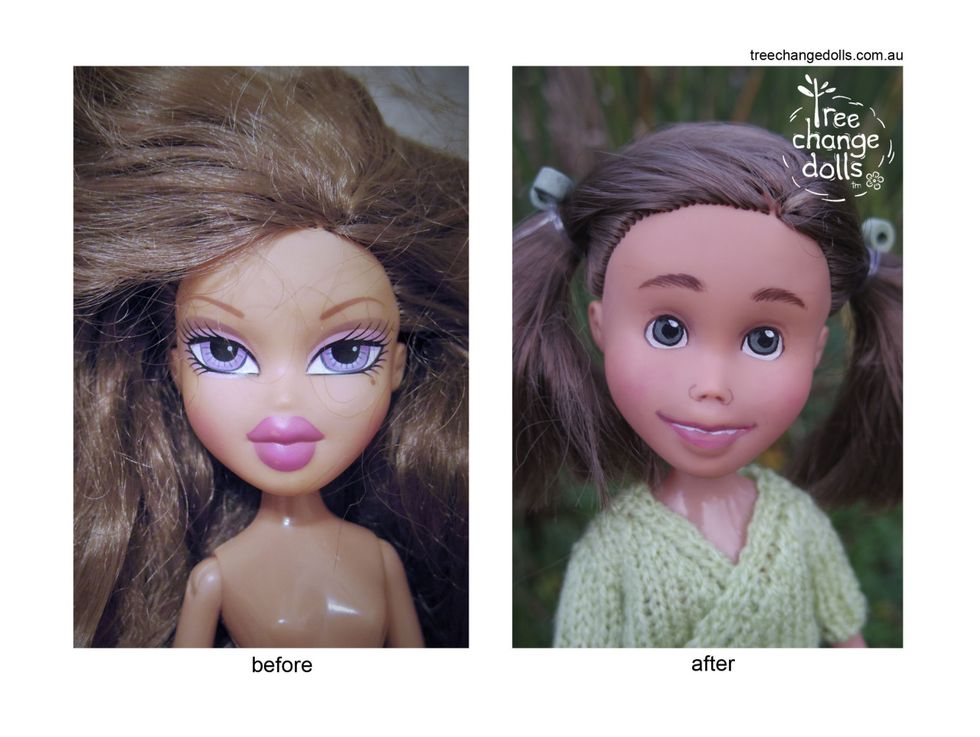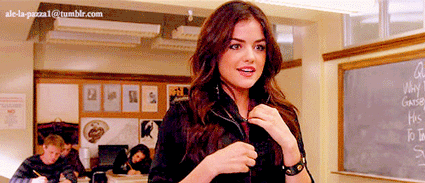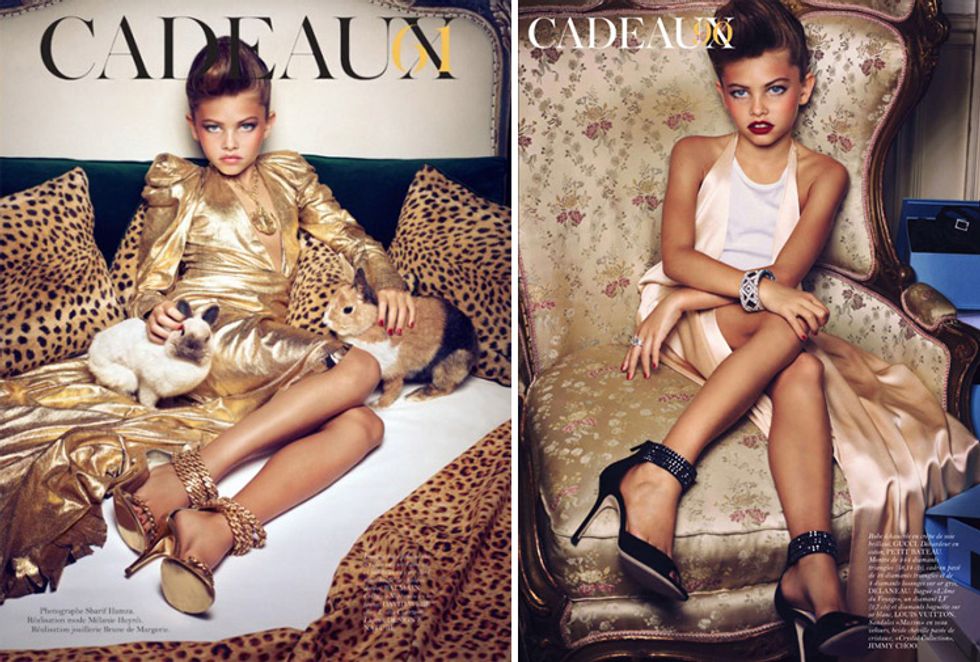Subway's former
pitchman Jared Fogle was recently exposed for his sex offenses involving
underage children. While reading news
articles, I was particularly disturbed by the comments recorded by an FBI
informant that included him saying "middle school girls are hot." Unfortunately, the sexualization of underage girls is not particularly new in our culture. Yet, very few of us want to admit that it is a serious problem.
Earlier this year, Cornell University conducted a nationwide survey concerning more than 4,000 women's experiences with street harassment. The results revealed that 85 percent of U.S. women surveyed remembered their first street harassment experience being before the age of 17. Most alarmingly, 31.4 percent of survey respondents remember first being harassed at age 13 to 14. My personal experience with street harassment goes back to the age of 15 when I noticed men looking at my body differently.
So what exactly has prompted young girls to be viewed as sexual objects at such an early age? I look back to my pre-adolescent years and I clearly remember my obsession with dolls. Most of us know about the unrealistic beauty standards Barbie perpetuates. However, the average Barbie looks like she's in her late teens. In 2001, toy company Mattel began marketing a new line of dolls to a younger population. The Bratz Dolls were meant to represent girls in their "tweens," a term that refers to pre-pubescent girls. Interestingly enough, these dolls look anything but pre-pubescent. Heavy eye makeup, unnatural looking thick lips, and tight clothing is an accurate depiction of the doll. Bratz ultimately became a representation of a population of girls that are eager to grow up and look more mature. If only they knew what I know now. A woman's maturity comes with the high price of entering a world where you are constantly treated as potential bait.

Turning girls into sexual objects is also used as a business strategy. The fashion industry has made it possible for a young girl to walk into a store and find tight jeans, crop tops, and miniskirts. The existence of this clothing is problematic because it creates an expectation to look a certain way. Girls are already exposed to sexual messages at an early age. Naturally, they feel the pressure to grow more quickly and what easier way to pretend to be older than to dress like it. Unfortunately sex sells, but ads directed toward young girls can cause serious damage. The American Psychological Association task report found negative consequences of exposing young girls to these sexual messages. Girls can experience "low self-esteem, depression and eating disorders."
As a society, we should collectively work together to eliminate the sexualization of underage girls. Let's tell girls it is OK to be girls. Let's educate children on how media and various industries benefit from selling "sex." Most importantly, despite girls dressing or acting like they are older, nothing can justify older men pursuing them. This should remain as unacceptable behavior and be punished severely.























